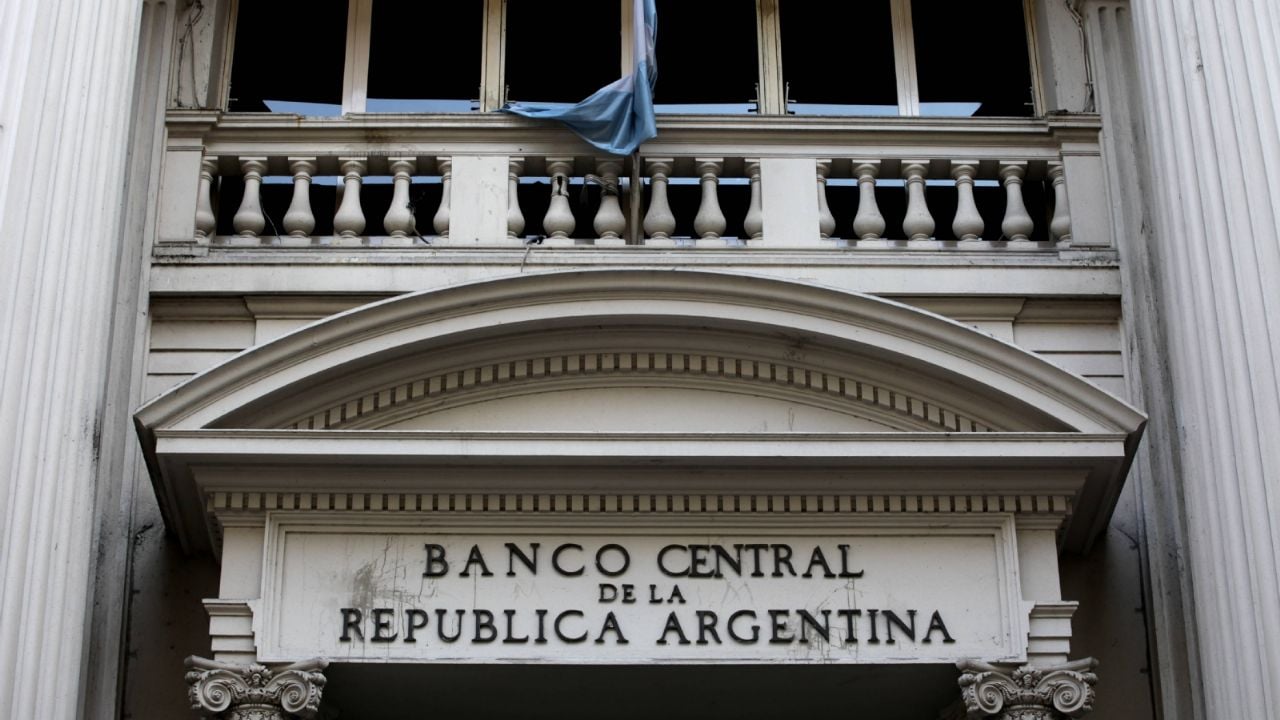He Central Bank has recently announced a significant measure to strengthen its international reserves: it will borrow $1 billion from five international entities. This announcement comes at a crucial time for the Argentine economy, characterized by economic challenges and the need to stabilize the national currency.
The decision of Central Bank It is interpreted as an effort to provide greater security and confidence in the country’s financial system. Argentina has gone through a prolonged period of economic difficulties, marked by high inflation, currency devaluation, and a significant fiscal deficit.
These factors have contributed to a steady decline in the country’s international reserves, a key indicator of a country’s ability to meet its international obligations and maintain monetary stability.
International reserves are essential to support confidence in the economy, as they allow the Central Bank intervene in the foreign exchange market and stabilize the value of the Argentine peso. The $1 billion loan will be provided by a consortium of five international financial entities, whose names have not yet been fully disclosed..

This type of financing is commonly used by central banks to strengthen their reserves and provide a cushion against possible economic crises. The conditions of the loan, including interest rates and repayment terms, will be crucial in determining the long-term economic impact of this measure.
Taking this loan could have a positive effect on the confidence of investors and the general public. A larger amount of international reserves can help stabilize the exchange rate and reduce speculation in currency markets.

Challenges
Additionally, it could relieve pressure on the Central Bank and the government to implement more severe economic adjustment measures, thus allowing a more gradual and less disruptive strategy. However, not all sectors view this measure favorably.
Some economists and financial analysts argue that taking on additional debt could worsen the country’s debt situation. Argentina already faces a high level of external debt, and adding more financial obligations could limit the country’s ability to make domestic investments necessary for economic growth.
follow us on Google News and on our channel instagramto continue enjoying the latest news and our best content.
















